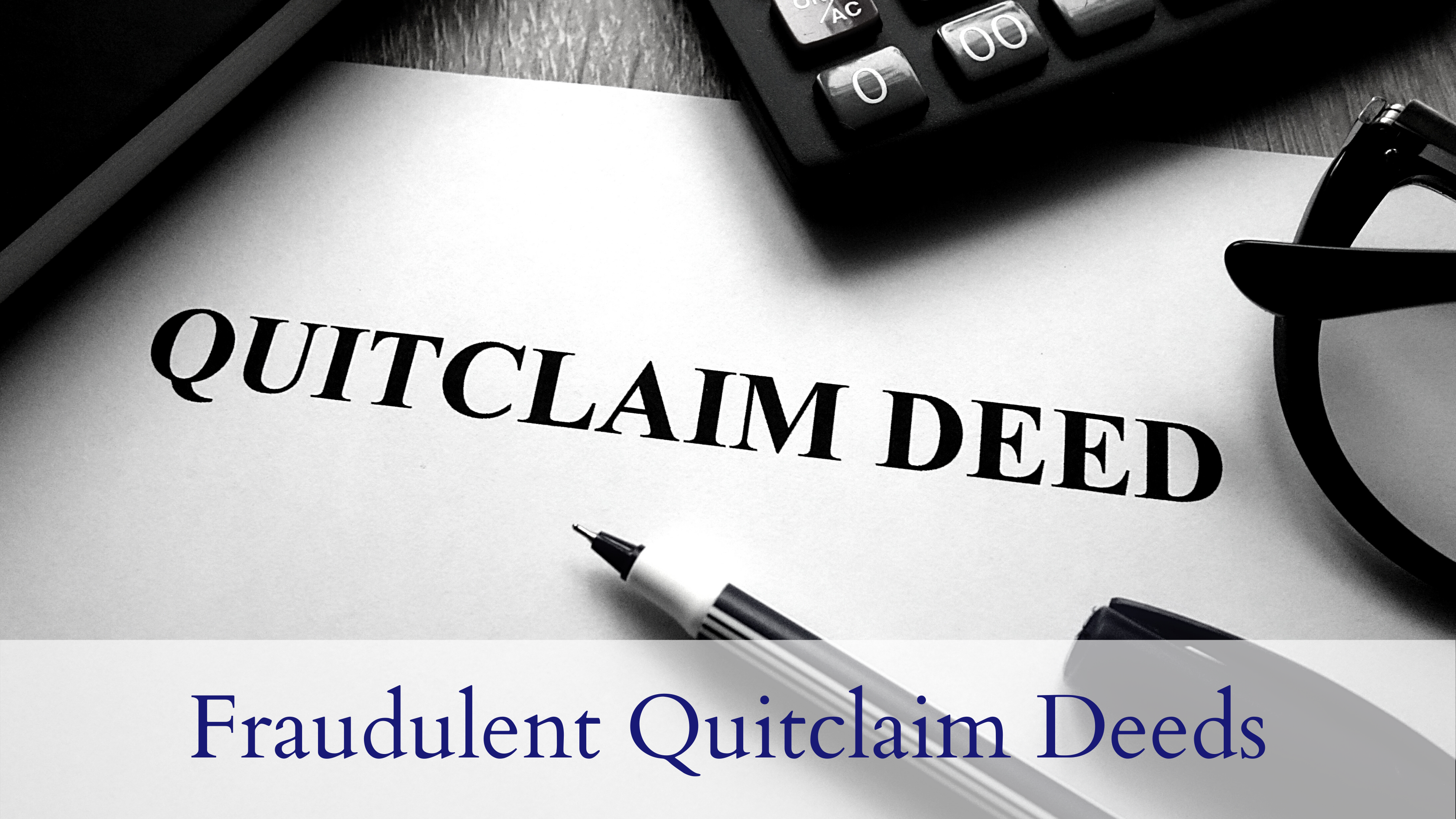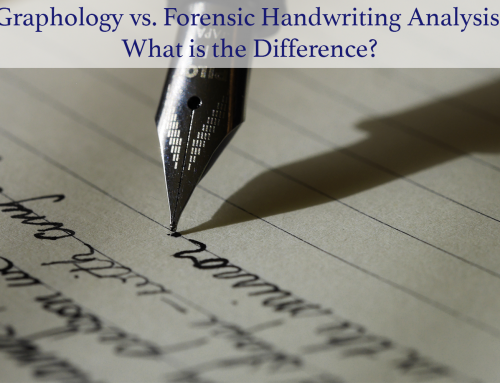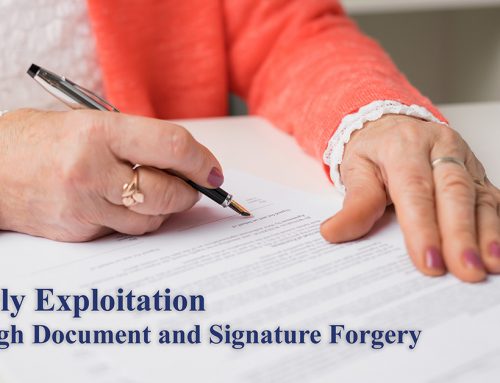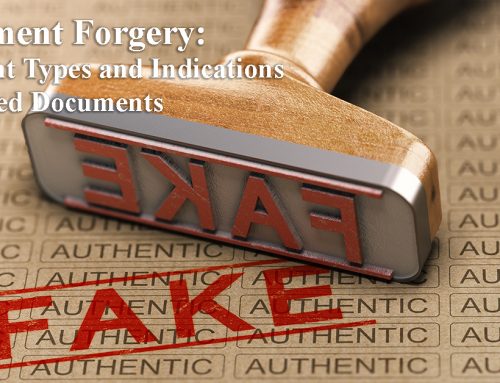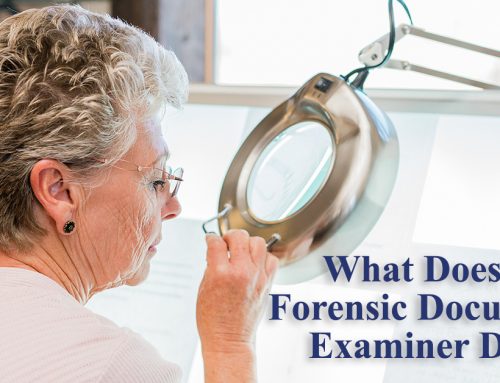What is a Quitclaim Deed?
In Colorado, a quitclaim deed is a legal document used to transfer property from the owner to the buyer. This term should be called a “quick-claim” deed, for it’s known to be an expedited version of a traditional deed. However, faster doesn’t always mean better.
Quitclaim deeds do not come with any warranties, which means that there is no guarantee that the title is free and clear of any back taxes or encumbrance claims.
Sidebar: While quitclaim deeds are legal in all 50 states, the laws surrounding these deeds may vary from state to state. Be sure to do your homework if you are planning to execute a quitclaim deed.
Fraudulent Quitclaim Deed Factors

An unoccupied home is a quick target for fraudsters.
The idea of no warranties may have you wondering, “Why even do a quitclaim deed?” Quitclaim deeds are a highly effective way to convey a title if the grantor has a good title when the deed is delivered. That’s why many people choose this route.
The truth is, anyone can fall victim to fraudulent quitclaim deeds. Therefore, if you fall into one of the following risk factors, you may want to be on your guard to prevent potential falsifications.
- Abandoned or distressed lots–whether residential or commercial, are often easy targets for fraud. If you have multiple real estate holdings, make sure that you maintain your buildings and that you visit them regularly.
- If you have an outstanding mortgage. In this case, the grantor remains liable for the mortgage even after ownership has transferred through the quitclaim deed. Security breaches of information or granting a quitclaim deed to a person you do not know can lead to a really messy situation.
- Senior citizens or those who are facing foreclosures are also at risk. These groups are considered the most vulnerable to scammers.
Proactive Prevention

Being proactive is the best step to prevent fraud.
With technology holding our passwords, credentials, and other forms of documentation, it’s not a secret that approximately 9,000 people a year report deed fraud. Moreover, it’s not even unheard of for a fraudster to walk into a county courthouse with a false identity and file fraudulent quitclaim deeds behind the rightful owner’s back.
Nevertheless, there is always a way to fight the evil forces that prey upon the vulnerable. Here are a few steps to prevent fraud:
- Be in the know. Monitor your credit score regularly. Any major shifts in your credit score could be a red flag.
- If you have a second home, keep track of bills and other types of activity. This is especially good if your second residence is left unoccupied for significant periods of time.
- Search for your county deed registration online. If this is available, check it quarterly. It doesn’t hurt to have the website bookmarked on your search engine.
- Become familiar with your title insurance terms. A title insurance policy may offer substantial protections. It may also provide coverage for legal action to set aside fraudulent transactions.
From Victim to Victorious

Go from being the victim to the victorious.
Falling victim to a quitclaim deed forgery does not have to leave you financially or emotionally paralyzed. If you discover that you’ve been a target of quitclaim deed fraud, the first step is to call the police. Beyond acquiring an attorney, another necessary step may include hiring a Forensic Document Examiner.
As a professional Forensic Document Examiner, I am trained to help solve issues with documents such as a quitclaim deed forgery. By either inspecting the signatures of the grantors, examining the legitimacy of the document itself, or analyzing handwriting, I can help you go from the victim to the victorious. While I provide a free consultation, I am not an attorney, and I do not dispense legal advice. If legal advice is needed, please obtain an attorney.
If you find yourself the victim of fraudulent quitclaim deeds, you need the best on your side. As a certified and court qualified Forensic Document Examiner who has studied handwriting examination and apprenticed under some of the leading Court Qualified Experts, I can help you regain your dignity.
Schedule your free consultation today.

